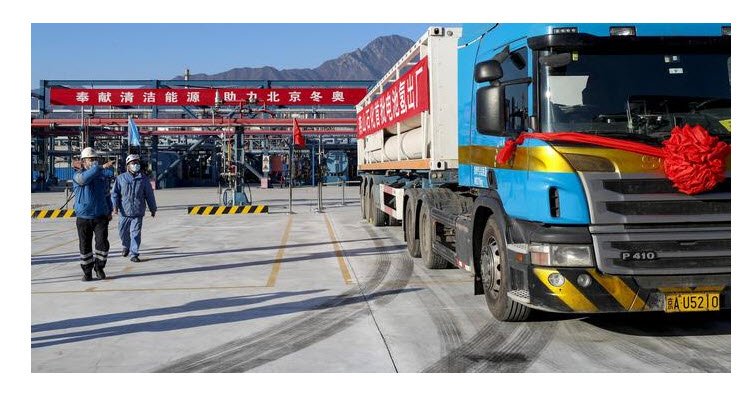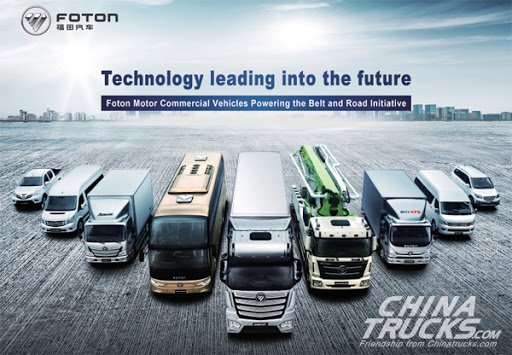As the Chinese capital maps out an ambitious plan to develop the low-carbon fuel, the city of Beijing aims to have over 10,000 hydrogen fuel cell vehicles on the road and build 74 hydrogen filling stations by 2025.

The capital forecasts its hydrogen use for road transport and power generation to reach 50 tonnes a day by 2023, and 135 tonnes by 2025.
Part of the new vehicle fleet would be those deployed for the 2022 Winter Olympics Games due to take place in and near Beijing, before being expanded to ply highways in the Beijing-Tianjin-Hebei region to replace heavy-duty trucks powered by diesel fuel.

Between 2021 and 2025, some 4,400 trucks are expected to shift to fuel cells, displacing 145,000 tonnes of diesel consumption annually.
Beijing-based commercial vehicle maker Beiqi Foton Motor said last September it aimed to sell 4,000 fuel cell vehicles by 2023, and 15,000 such vehicles by 2025.

Beijing will source part of the fuel cell production from Yanshan Petrochemical Corp, owned by state refiner Sinopec Corp, which wants to become China’s No.1 hydrogen player.
This is a Syndicate News Feed; edited by Clean-Future Team






